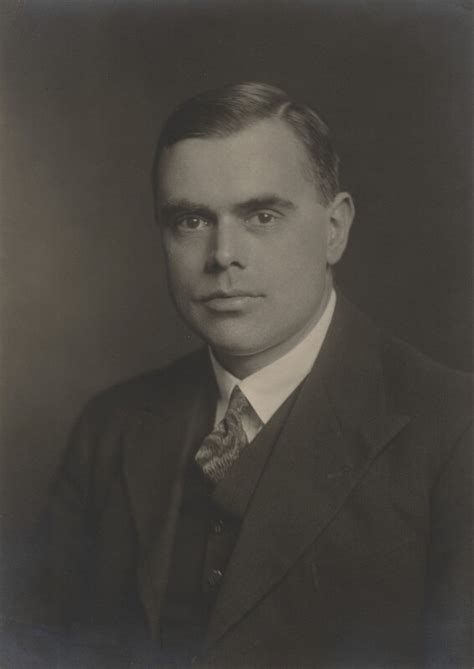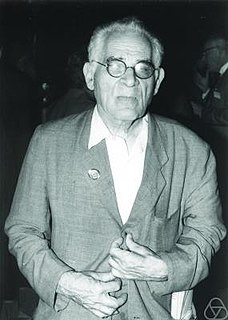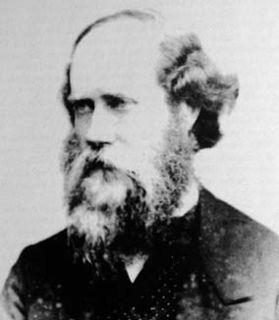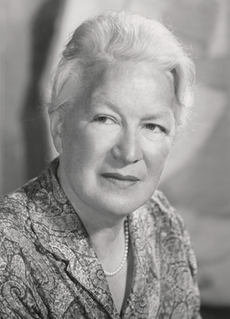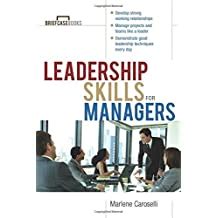A Quote by Edward Charles Titchmarsh
Perhaps the most surprising thing about mathematics is that it is so surprising. The rules which we make up at the beginning seem ordinary and inevitable, but it is impossible to foresee their consequences. These have only been found out by long study, extending over many centuries. Much of our knowledge is due to a comparatively few great mathematicians such as Newton, Euler, Gauss, or Riemann; few careers can have been more satisfying than theirs. They have contributed something to human thought even more lasting than great literature, since it is independent of language.
Quote Topics
About
Been
Beginning
Careers
Centuries
Consequences
Due
Euler
Even
Extending
Few
Foresee
Found
Great
Great Literature
Great Math
Human
Human Thought
Impossible
Independent
Inevitable
Knowledge
Language
Lasting
Literature
Long
Make
Make Up
Many
Mathematicians
Mathematics
More
Most
Much
Newton
Only
Ordinary
Our
Out
Over
Perhaps
Riemann
Rules
Satisfying
Seem
Since
Something
Study
Surprising
Than
Thing
Thought
Up
Which
Related Quotes
The analytical geometry of Descartes and the calculus of Newton and Leibniz have expanded into the marvelous mathematical method-more daring than anything that the history of philosophy records-of Lobachevsky and Riemann, Gauss and Sylvester. Indeed, mathematics, the indispensable tool of the sciences, defying the senses to follow its splendid flights, is demonstrating today, as it never has been demonstrated before, the supremacy of the pure reason.
The theory of free speech, that truth is so much larger and stranger and more many-sided than we know of, that it is very much better at all costs to hear everyone's account of it, is a theory which has been justified on the whole by experiment, but which remains a very daring and even a very surprising theory. It is really one of the great discoveries of the modern time.
Mathematical study and research are very suggestive of mountaineering. Whymper made several efforts before he climbed the Matterhorn in the 1860's and even then it cost the life of four of his party. Now, however, any tourist can be hauled up for a small cost, and perhaps does not appreciate the difficulty of the original ascent. So in mathematics, it may be found hard to realise the great initial difficulty of making a little step which now seems so natural and obvious, and it may not be surprising if such a step has been found and lost again.
"Connected" is the triumphal cry these days. Connection has made people arrogant, impatient, hasty, and presumptuous... I don't doubt that instant communication has been good for business, even for the publishing business, but it has done nothing for literature, and might even have harmed it. In many ways connection has been disastrous. We have confused information (of which there is too much) with ideas (of which there are too few). I found out much more about the world and myself by being unconnected.
If we except the great name of Newton (and the exception is one that the great Gauss himself would have been delighted to make) it is probable that no mathematician of any age or country has ever surpassed Gauss in the combination of an abundant fertility of invention with an absolute vigorousness in demonstration.
The selective winnowing of time leaves only a few recognizable individuals behind for the historian to light on. Thus the historian who finds the human being more interesting than what the human being has done must inevitably endow the comparatively few individuals he can identify with too great an importance in relation to their time. Even so, I prefer this overestimate to the opposite method which treats developments as though they were the massive anonymous waves of an unhuman sea or pulverizes the fallible surviving records of human life into the grey dust of statistics.
There is no doubt about it: we are judged by our language as much as (perhaps more than) we are judged by our appearance, our choice of associates, our behavior. Language communicates so much more than ideas; it reveals our intelligence, our knowledge of a topic, our creativity, our ability to think, our self-confidence, et cetera.
